Comments Concerning Notice of Product Exclusion Extensions: China's Acts, Policies, and Practices Related to Technology Transfer, Intellectual Property, and Innovation,
Ambassador Katherine Tai
U.S. Trade Representative
Office of the United States Trade Representative
600 17th Street NW
Washington, DC 20006
Submitted electronically via Federal eRulemaking Portal
Re: Docket No. USTR-2021-0019-0001 – Request for Comments Concerning Notice of Product Exclusion Extensions: China's Acts, Policies, and Practices Related to Technology Transfer, Intellectual Property, and Innovation, 86 Fed. Reg. 56,345 (Office of the United States Trade Representative October 8, 2021)
Dear Ambassador Tai:
CropLife America (CLA) is providing this submission in response to 86 FR 56345. CLA, established in 1933, represents the developers, manufacturers, formulators and distributors of plant science solutions for agriculture and pest management in the United States. CLA’s member companies produce, sell, and distribute virtually all the pesticide products used by American farmers, ranchers, and landowners to ensure healthy crops and strong yields. Together with its members, CLA works to ensure that their member companies can provide the agricultural products that support the United States’ safe food supply, as well as the beautiful public and private spaces that characterize our country, reducing the risks posed by destructive pests and plant diseases.
Pesticidal chemicals are crucial to many American industries. American farmers depend on them to grow healthy and safe grains, fruits, and vegetables that are used as food, as well as other farm products, including fibers, lumber, and fuel for Americans and consumers around the world. Without modern pesticide technology, insect pests, weeds, and crop diseases would reduce crop yields and quality and substantially reduce the availability of American-grown farm and food products. Similarly, without pesticide products, American plant nurseries would suffer, as would turf protection for areas such as sports fields, golf courses, and even everyday Americans’ lawns. Pesticidal chemicals also prevent public health problems by controlling harmful insects such as mosquitos and ticks. Representing the Crop Protection Industry 4201 Wilson Boulevard, Suite 700 Arlington, VA 22203 • 202.296.1585 phone 202.463.0474 fax www.croplifeamerica.org
In addition, pesticide technology plays a vital role in achieving the Biden Administration’s goals for sustainable productivity growth for U.S. agriculture. Increasing production while minimizing environmental impacts and preserving natural resources is the great challenge for today’s farmers, especially in the face of a changing climate and the pressures on agriculture that come with it. Farmers carefully track which pests and diseases are affecting their crops and which parts of their fields are affected. If they must use pesticides, they carefully select the right pesticide for each pest and crop at issue. Of course, pricing also factors into farmers’ decision making and high costs can prevent selection of better tools in favor of cheaper alternatives. Tariff-driven cost increases force farmers to give greater weight to input costs in their decision processes and constrain their capabilities of choosing the right tool at the right time.
CLA welcomes the decision by the Office of the U.S. Trade Representative (USTR) to consider reinstating previous exclusions. The Section 301 tariffs have raised costs and squeezed margins for many CLA member companies. Tariffs on pesticide inputs force companies to confront the difficult choice between raising prices for farmers – who already face tight margins – and other customers or reducing income that could be used to better compensate their workers, invest in supply chains, and engage in other important activities.
Read the full comments submitted by CropLife America.
